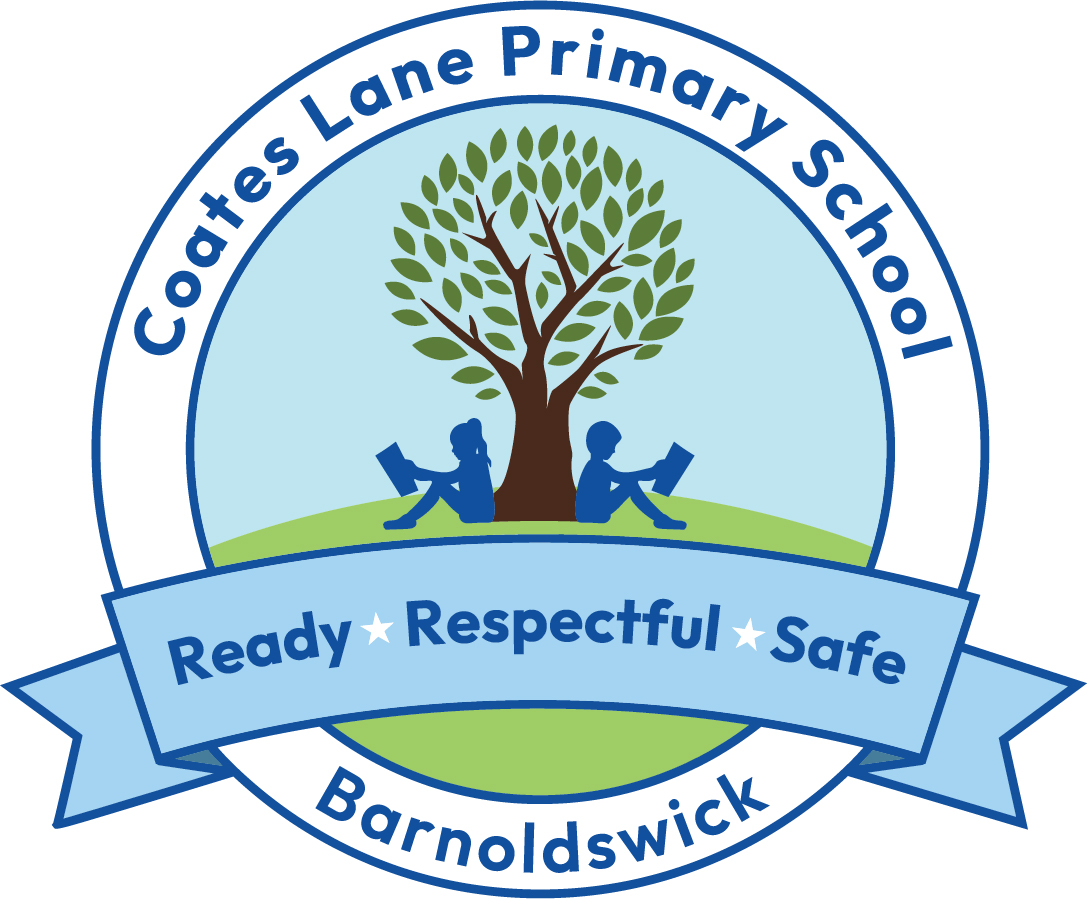English
We follow the Lancashire units of work in our English teaching. These units are exciting and engaging and use a wide range of high-quality texts as a basis for the learning which the children will take part in. See the link further down this page for the overview of learning across the school.
English lessons
At the start of each unit, there is an activity or a stimulus which will immerse the children immediately in the unit they are about to study. Following this, the English units are split into phases:
Reading phase - During this phase, children will have the opportunity to read and listen to the text they are studying. Children will complete a range of activities to show their understanding of the text and there will be lots of opportunity for discussion and questioning. This is to immerse them fully in the texts, which gets them ready for the next phase in the unit.
Gathering Content phase - Within this phase, children will start to discuss and gather ideas for their own writing, based on the text they have studied. Again, there will be lots of opportunity for re-reading, questioning and discussion to help them generate their ideas, which leads up to them planning the structure and content for their writing.
Writing phase - During the writing phase, children will gradually build up their own version of the text they have studied and planned. This will be over a few days, or even a week, and after each section, children will receive written and/or verbal feedback about their writing so they know how to improve in the following section.
Presentation phase - Once the outcome has been reached during the writing phase, a short amount of time will be dedicated to presentation of their incredible writing! This could be reading their stories to another class or putting them all together to make their own non-fiction book.
Phonics
We follow the Red Rose Phonics scheme. Phonics is taught daily in Reception and Key Stage 1, and children are split into smaller groups for these sessions. A wide range of interactive strategies are used in these sessions to ensure maximum engagement by the children. Children are regularly assessed (half-termly) and re-grouped if needed.
Reading at home
We ask all children to spend at least 10 minutes every day reading at home. In the younger years, this should be with an adult or older sibling but in the older years, this may be independent. If you need some inspiration about your child's next book, use this fantastic website to help you choose:
